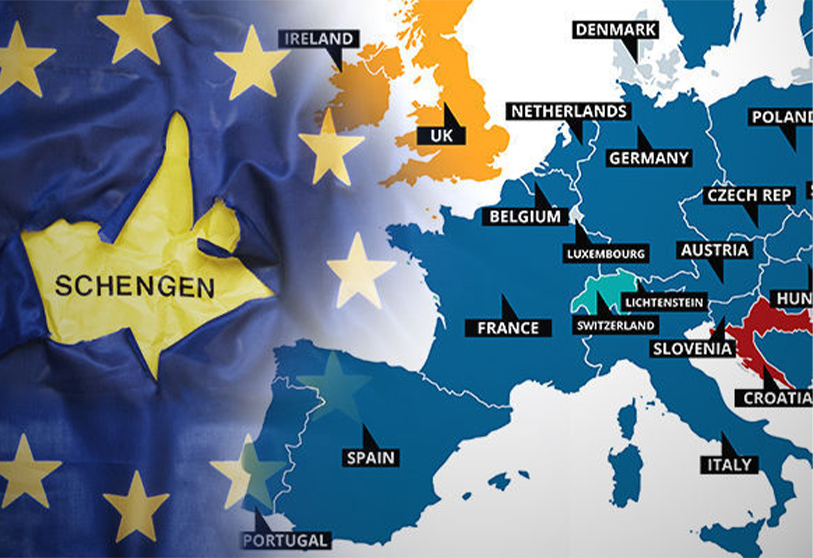New Regulations Introduce Online Application System and Digital Visas
In a groundbreaking development, the Parliament and the Council of the European Union have reached a historic agreement on the digitalization of Schengen visas. This landmark decision aims to revolutionize the visa application process, improve efficiency, and bolster security within the Schengen Area.
Ambassadors from European Union member countries have unanimously agreed to the Council’s negotiating mandate, paving the way for the digitization of the Schengen visa system. The proposed regulations seek to replace the traditional visa sticker with a secure digital visa, introducing an online application system that will simplify procedures and reduce the risks of falsification and visa theft.
The Council’s primary objective behind this proposal is to streamline the visa application process and enhance its overall efficiency. By implementing these new regulations, the European Union aims to strengthen security measures within the Schengen Area, ensuring the integrity of the visa system.
Maria Malmer Stenergard, the Swedish Minister for Migration, highlighted the numerous benefits of the digital visa, emphasizing that it will make the application process easier for travelers, simplify administrative procedures, and significantly increase the security of the Schengen Area by reducing the risks of falsification and theft of visa stickers.
To facilitate the new system, applicants will be required to submit their Schengen visa applications through a single dedicated website. This platform will then redirect applicants to the appropriate visa systems, allowing individuals to enter their relevant information, upload electronic copies of travel and supporting documents, and make the necessary visa fee payments. Furthermore, applicants will receive notifications regarding their visa decisions through the same website, minimizing the need for in-person visits to consulates.
Under the proposed system, most applicants will no longer need to visit consulates in person, except for first-time applicants, individuals with new travel documents, and those with expired biometric data. This change is expected to simplify the process and make it more convenient for travelers.
The new platform will also automatically determine the Member State responsible for examining the application based on the intended duration of stay for applicants planning to visit multiple Schengen countries. However, applicants will still have the option to indicate if their application needs to be processed by a specific Member State based on the purpose of their travel.
Rapporteur Matjaž Nemec, expressing his enthusiasm, stated, “Digitalization is the future of EU visa policy.” The introduction of a fully digitalized system and digital visas is expected to result in easier, more affordable, and faster EU visa procedures, benefiting both travelers and authorities.
Under the proposed regulations, digital Schengen visas will be issued in a cryptographically signed digital format, represented by a 2D barcode. This innovative approach aims to mitigate the risks associated with counterfeit and stolen visa stickers, ultimately safeguarding the integrity and authenticity of the visa system.
The agreement between the Parliament and the Council marks a significant step forward in the digital transformation of Schengen visas. However, before the adoption process can commence, the agreement requires approval from the Member States of the European Union. If successful, a new platform for Schengen visa applications will be established, ushering in a new era of convenience, security, and efficiency for travelers within the Schengen Area.


